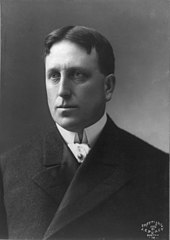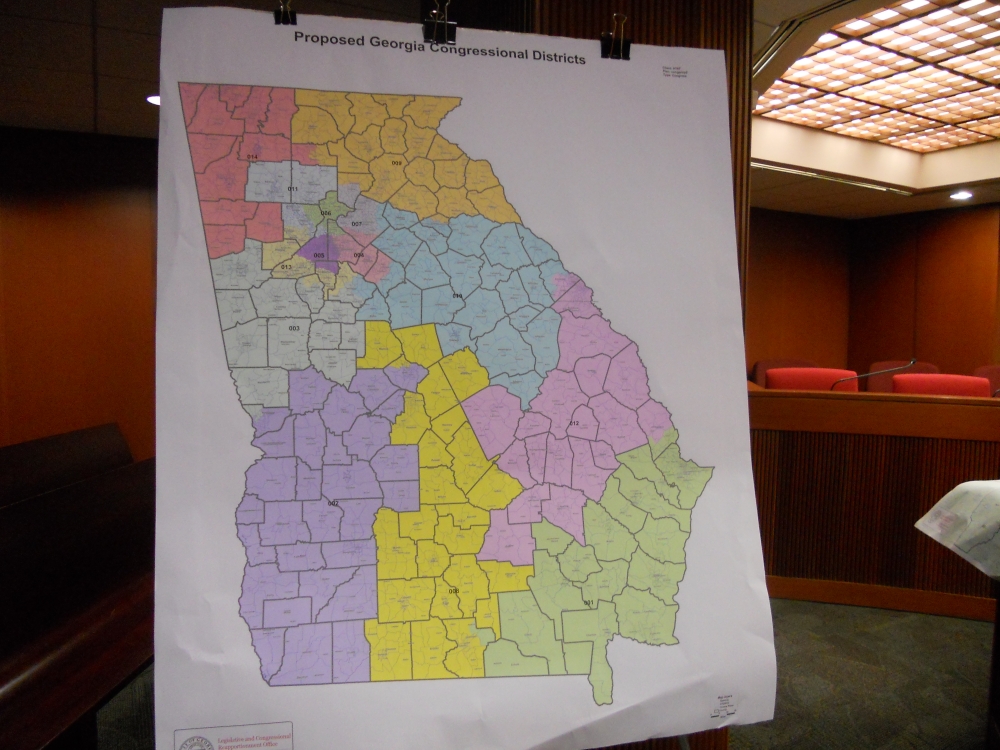What was it that the Lowndes County government didn’t want its citizens to see
in
the draft it didn’t publish
and
didn’t provide in response to an open records request,
and
the hearing it didn’t hold about
its
updates to the Comprehensive Plan?

Could it be the many items the county is deleting, having to do with
feeding seniors, health care, transportation,
work ethics and life skills,
environmental impacts, agriculture, wells, wetlands, and many other topics,
some of which Gretchen Quarterman detailed to the Greater Lowndes Planning Commission yesterday?
After Valdosta and Hahira City Planner Matt Martin explained
how all the local city governments had or were going to have
hearings about their
Comprehensive Plan Short Term Work Program updates,
the GLPC Chairman asked if any citizens wanted to speak on that topic.
One citizen did, Gretchen Quarterman.
She apologized for missing the September GLPC meeting
because she would have raised some of these issues then.
I have an appointment with [Lowndes County Planner] Jason [Davenport]
tomorrow to address some of my questions.
But I want to let you know that at the County Commission
did not hold a public hearing after the changes.
I was at the [Valdosta] City Council meeting,
and the City Council did hold a public hearing,
but the County Commission did not.
And I believe that is
in violation of DCA’s guidelines.
They sent a transmission letter that said they followed
DCA’s guidelines.
DCA’s guidelines say hold a public hearing.
It was on the agenda, the public hearing, but no public hearing was held.
So I didn’t have an opportunity to see
the document, or to comment, before the county sent it.
She said she would provide written comments to Jason the next morning,
and asked if GLPC would like to hear some of them.
They said they would, so she read some of them.
For example:
In Section 1.3 it was struck from the document:
Ensure supporting senior services such as health care,
Continue reading → 










